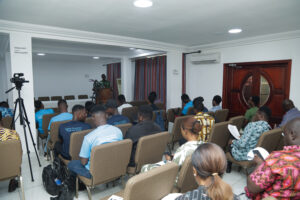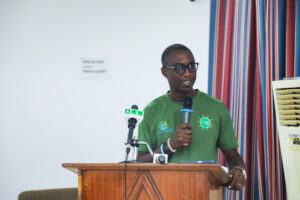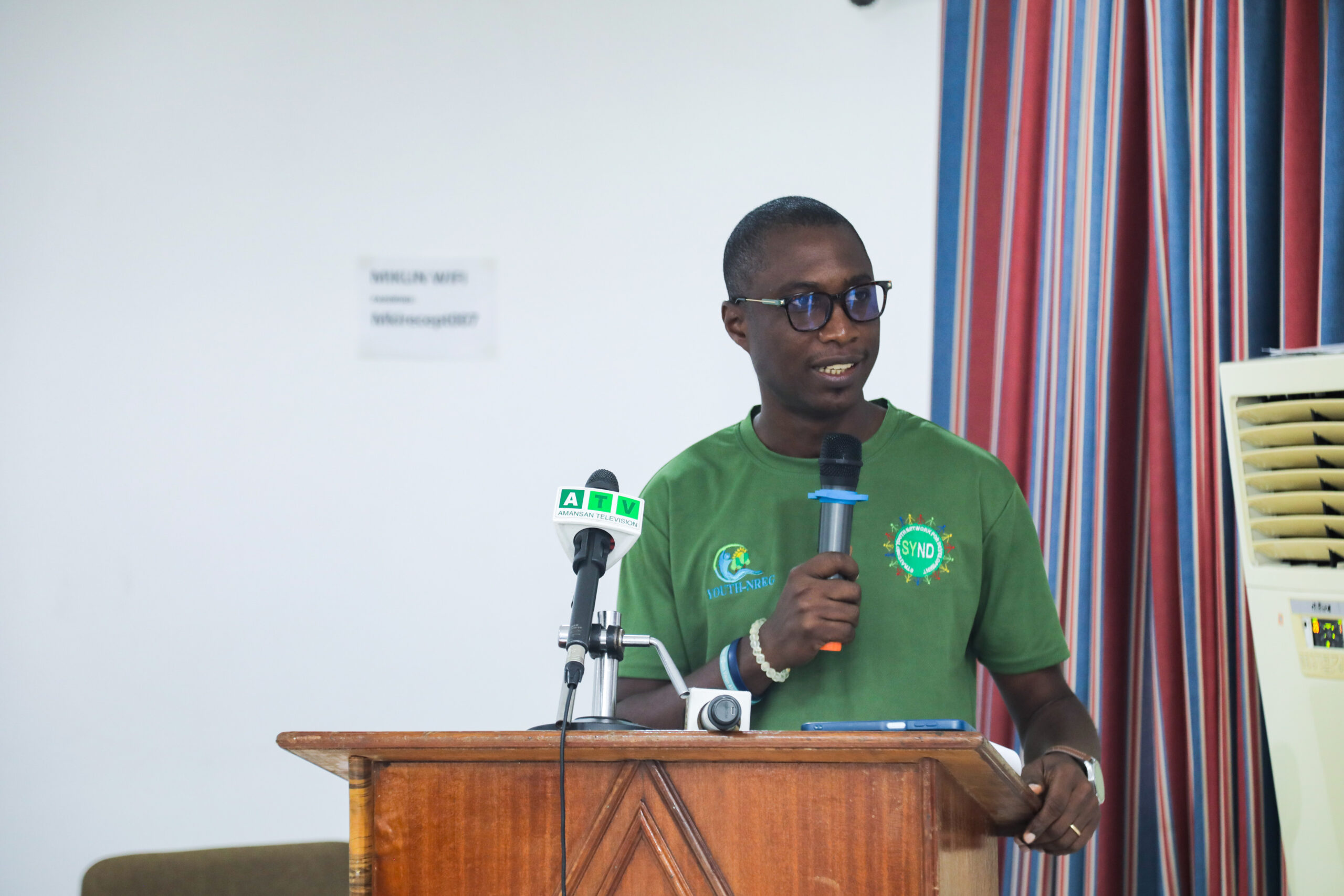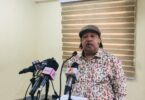The Strategic Youth Network for Development (SYND-Ghana) is urging the government to strengthen youth involvement, increase funding for green startups, and boost investments in the energy sector as Ghana advances with its Mission 300 commitments.
At a news conference held on Wednesday, November 26, 2025, in Accra, SYND-Ghana Executive Coordinator Chibeze Ezekiel presented the organization’s analysis of the 2026 Budget Statement and Economic Policy. He praised the government for recognizing the National Energy Compact in the budget and reaffirming key targets—99.8% electricity access, 50% clean cooking access, and a 10% renewable energy share by 2030.
Mission 300, a continental initiative under the National Energy Compact, aims to connect 300 million Africans to electricity by 2030. For Ghana, it focuses on expanding electricity access, increasing renewable energy adoption, promoting clean cooking solutions, and encouraging investment. The program is led by the World Bank and the African Development Bank.

Youth Energy Entrepreneurs Must Be Partners, Not Passengers – SYND-Ghana
Ezekiel welcomed several budget initiatives, such as the Rural Electricity Acceleration and Urban Intensification Initiative, which aims to connect all unserved communities using a faster Turnkey Model, and Phase I of the National LPG Promotion Program targeting 450,000 household cookstoves and 7,000 commercial units nationwide.
“These are important steps towards ensuring that access to electricity becomes universal, reliable, and life-changing,” he said.
However, he expressed concern over the lack of clarity on job creation within the energy sector. Although the government projects 800,000 jobs in 2026 and 322,110 renewable energy jobs between 2026 and 2030, the budget did not specify how many would come from Mission 300 interventions.
“The budget failed to touch on jobs in the energy sector, especially when Mission 300 largely concerns employment opportunities for young people,” Ezekiel noted.
He also described the GH¢2.0 billion allocation for Phase I of the Rural Electricity Acceleration and Urban Intensification Initiative as “inadequate,” given the Energy Compact’s US$4.4 billion investment requirement (US$1.8 billion from public and donor sources). “The GH¢2.0 billion (approx. US$180 million) allocation for 2026, though commendable, is insufficient,” he added.

Youth Energy Entrepreneurs Must Be Partners, Not Passengers – SYND-Ghana
SYND-Ghana Executive Coordinator further highlighted limited support for youth-led clean energy businesses—such as solar enterprises and producers of clean cookstoves and briquettes—and warned that Phase I of the National LPG Promotion Program could lead to “stranded cylinders” due to inadequate LPG filling infrastructure and rising gas costs.
He urged the government to treat youth-led renewable energy businesses as partners and co-creators of national energy solutions and to institutionalize youth participation in the Energy Compact’s implementation, aligning with the National Youth Policy.
“Young entrepreneurs are already driving innovation in clean energy and contributing to rural electrification and climate action. Government must intentionally empower the youth—not just as beneficiaries, but as partners in delivering Ghana’s energy future,” Ezekiel concluded.
By: Ishmael Barfi
Source: www.thenewindependentonline.com








